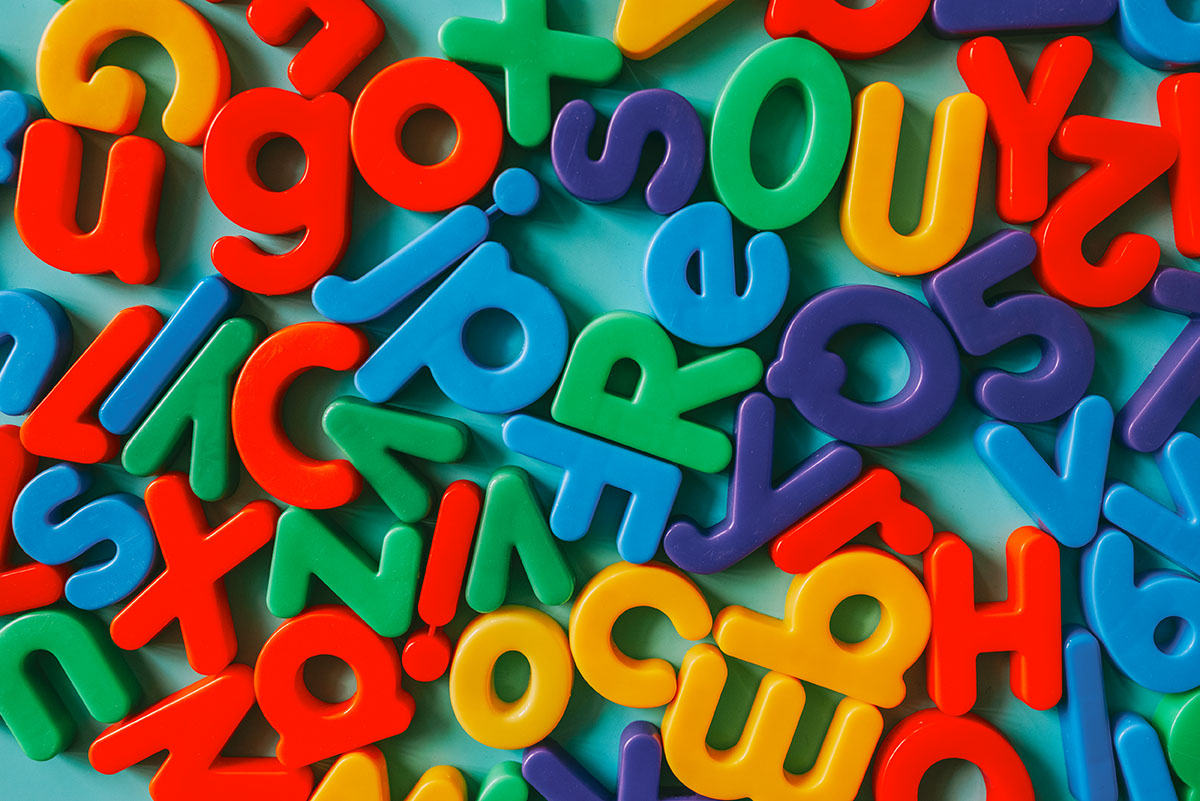How many words are there in French? That’s a question that I get asked all the time by my students. And, to be honest, I’m not really sure how to answer it. There are certainly a lot of words in French – but how many exactly, I can’t say for sure. Estimates vary, but some sources put the number at around 200,000 words.
But it’s hard to know for sure, since new words are added all the time. So how do you figure out how many words there are in French? The best way is to just start learning them!
With a little practice and exposure, you’ll start picking up new words all the time. And before you know it, you’ll be Speaking like a native in no time!
So what are you waiting for? Start learning French today!
What are the different types of French words?
There are a few different types of French words that you need to know about.
French basic words
First, there are basic words, which are the most common words in the language. These are the words that you’ll see and use the most.
French compound words
Then there are compound words, which are basically two or more words joined together to form a new word. Compound words can be especially tricky to learn, but once you get the hang of them, they’re really not that bad.
French idiomatic expressions
Finally, there are idiomatic expressions – which are basically groups of words that have a specific meaning that can’t be translated literally into English. Idiomatic expressions can be a little tough to get your head around at first, but with a little practice, you’ll be using them like a pro in no time.
Do you like learning French with videos?
Receive our free video newsletter every Friday in your e-mail box. You will get 3 “Tips & Tricks” on grammar, vocabulary, phonetics or French culture.
👉👉 Sign up now!
Classification of French words according to their nature
We can also classify words according to their nature. There are common nouns, proper nouns, adjectives, adverbs, verbs, pronouns, determiners, prepositions and conjunctions.
French common nouns
It can be things, people, abstract concepts.
Examples: une table, un policier, le bonheur…
French proper nouns
The proper name is derived from the common name but has the particularity of designating something unique. It is then written with a capital letter at the beginning of the word.
Examples: la France, Christian, Chanel…
💡 Tips: Be careful, when you read a text, to use capital letters. This will give you a lot of information to understand what we are talking about.
For example, what is the difference between these words : hexagone vs. Hexagone ?
- The first – hexagone – refers to the geometric shape that has six sides.
- The second one – Hexagone – which is written with a capital letter, is used to designate France.
French adjectives
It gives additional information about the name.
Examples: gentil, grand, petit, vert, riche…
French adverbs
French adverbs allow to complete a sentence or to modify a verb or an adjective.
Examples: hier, vite, lentement, demain, jamais…
French verbs
It is the word that is conjugated in the sentence. The French verbs is the one that gives the information of the action that is performed.
Examples: manger, dormir, danser, lire, faire…
Be careful with conjugations! The conjugations will allow you to situate the action in time (past, present, future) but also in its possibilities of realization (Sure? Indicative and all its tenses. Uncertain? The conditional tense. Subjective? The subjunctive. Etc.)
French pronouns
It allows to replace the name. There are all kinds of pronouns in French language: subject pronouns, complement pronouns, relative pronouns…
Examples: Je, lui, toi, dont…
French determiners
It introduces the noun and indicates the gender (masculine/feminine) and number (singular/plural) of the noun.
Among the determiners, we distinguish :
- the indefinite articles. Ex: un, une, des…
- the definite articles. Ex: le, la, les…
- the demonstrative determiners. Ex: ce, cette, ces…
- the possessive determiners. Ex: mon, son, leurs…
- the numerical determiners. Ex: trois, six, cent, mille…
❗ Be careful: When you use an article, remember to agree the noun and the adjective. That is, put a final -e if it is feminine and an -s when it is plural.
French prepositions
They precede noun phrases or infinitive verbs. Prepositions are used to mark the function of words in the sentence. They usually announce a complement and precise which kind of complement. Prepositions link a word or a group of words with the verb or other words.
Examples: à, de, par, avec, sous…
French conjunctions
They are used to link groups of words together.
Among the conjunctions, we distinguish :
- Coordinating conjunctions. Ex: mais, ou, et, donc, or, ni, car
- Subordinating conjunctions. Ex: comme, lorsque, puisque, quand…
So there you have it – some of the different types of French words that you need to know about. Whether you’re a beginner or an advanced learner, these tips will help you improve your vocabulary and become fluent in no time!
How many different words do the French use in their daily lives?
According to The Incomplete Encyclopedia, the 600 most frequently used words make up 90% of any French text. The remaining 10% represent thousands of additional words!
On average, 600 different words are used every day by an individual. In the list of these words, we find: blue, super, bizarre for adjectives. Among the most used nouns, we find help, chief, child. As for verbs, we often use accept, abandon, love, buy…
Focus on learning certain French categories of words
Your priority for learning the French language, to be as optimal as possible, should be the following:
- prepositions, conjunctions, pronouns, determiners
- verbs, adverbs, adjectives
- nouns
This way, you will be able to construct logical, complex sentences, even if you don’t have an excellent level of French yet.
And you will see that you will take more and more pleasure in using French and speaking French.
Conclusion
So there you have it, my dear students – a crash course in French words!
I hope this has given you a little taste of the vast lexicon that awaits you in the language. Of course, there’s much more to learn, but with me as your guide, I’m confident you’ll be able to make quick progress.
Remember: start by learning the most common French words and then move on to the more specialized vocabulary. With a bit of hard work and dedication, I know you’ll be speaking like a native in no time!
Au revoir 😀
Articles that might interest you:
- French Vocabulary of Drinks
- 10 french idiomatic expressions with animals
- 10 French idioms related to music
- What English words are from French?
- French all-purpose words
- French vocabulary for the holidays
- Make his own French flashcards with vocabulary
- Some tips & tricks to enrich your French vocabulary
- 5 French idioms with everyday objects
- How to eat like a French person?



